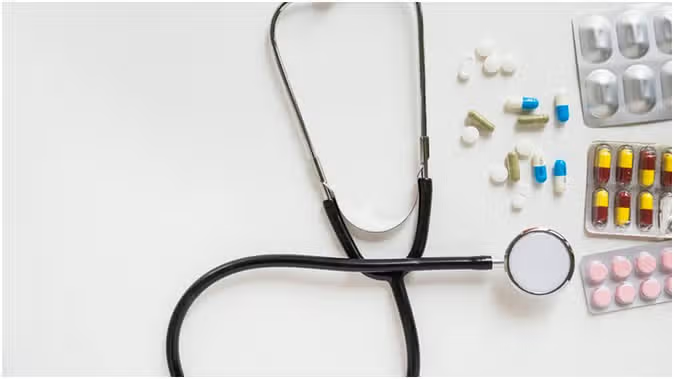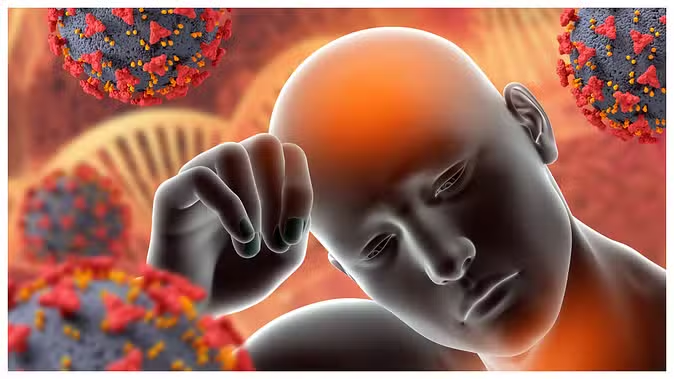If you want to avoid diseases, then it is most important to get regular health checkups. This helps in knowing about serious health problems in time, which greatly increases the chances of getting treatment and recovery. Doctors say the biggest flaw seen in our society regarding the treatment of diseases is taking medicine on your own without asking a doctor. This is called self-medication in medical language. By taking over-the-counter medicine, you get immediate relief from the problem, but do you know that this habit of yours can be harmful in many ways in the long term?

Self-medication means finding out about your disease from Google or the Internet and taking medicines without the supervision of an expert based on minimal information. This habit can have many adverse effects on health. Many studies have also seen the risk of kidney and other organ failure due to long-term use of painkillers or over-the-counter medicines.
In a recent report related to this, experts said that frequent or excessive consumption of painkillers can lead to the risk of heart attack and internal bleeding.
Doctor warned
In a conversation with Amar Ujala, Shrey Srivastava, a doctor of internal medicine at a Noida-based hospital, says, that self-medication even in general health problems without consulting a doctor cannot be considered a good practice. Apart from this, self-medication can result in misdiagnosis and improper treatment of problems, potentially leading to long-term damage.
This can be considered a reason for the growing problem of antibiotic resistance, which is a serious risk factor for health globally. Antibiotic resistance can lead to a situation when you will be in dire need of medicines but they will not be effective.
The risk of antibiotic resistance is increasing.
In research published in The Lancet Journal, scientists have warned about the increasing serious risk of antibiotic resistance. According to a global analysis, between 1990 and 2021, more than one million people have died every year worldwide due to antibiotic resistance. Scientists expressed concern that this crisis is increasing further. If major decisions are not taken immediately in this direction, then 39 million (3.9 crores) i.e. about four crore people may die in the next 25 years.
Antibiotic resistance occurs when these germs develop the ability to defend themselves against drugs made to kill germs like bacteria or fungi. Antibiotics are mainly given to eliminate pathogens in case of infection, but in case of antibiotic resistance, these drugs stop working. In this situation, even after taking the medicine, the germs do not die but keep growing. In such a situation, treating infections can be difficult and even impossible.

Risk of heart attack due to continuous intake of painkillers
Apart from excessive intake of antibiotics and their side effects, frequent intake of painkillers can also cause serious health risks. This not only poses a risk of kidney damage, but in some people, excessive consumption of painkillers can also lead to a risk of heart attack.
In a recent study published in the European Heart Journal related to this, researchers said that people who are already taking blood-thinning drugs, if they also take non-steroidal anti-inflammatory drugs (NSAIDs) like ibuprofen or naproxen without medical advice, then their risk of internal bleeding can be doubled. These medicines are known as pain relievers.
What do experts say?
Dr. Shrey says, that as much as medicines help prevent diseases, there are many disadvantages of their misuse or consumption of medicines without prescription. Therefore, it is important to get the right diagnosis and medicine on the same basis from the right specialist regarding your disease. Avoid taking any over-the-counter medicine. You do not know what is wrong with your body, so taking any medicine without expert advice can cause harm instead of benefit.
(PC: Freepik)










